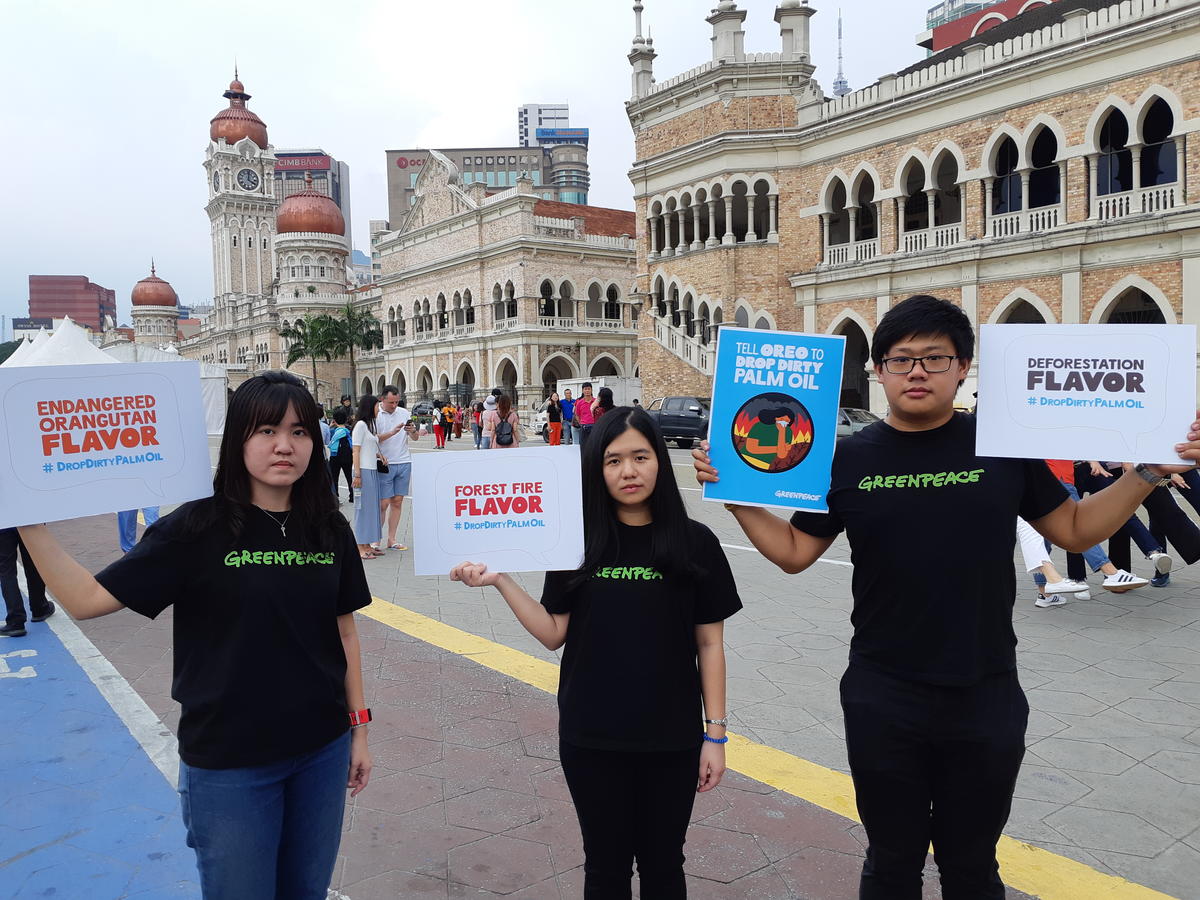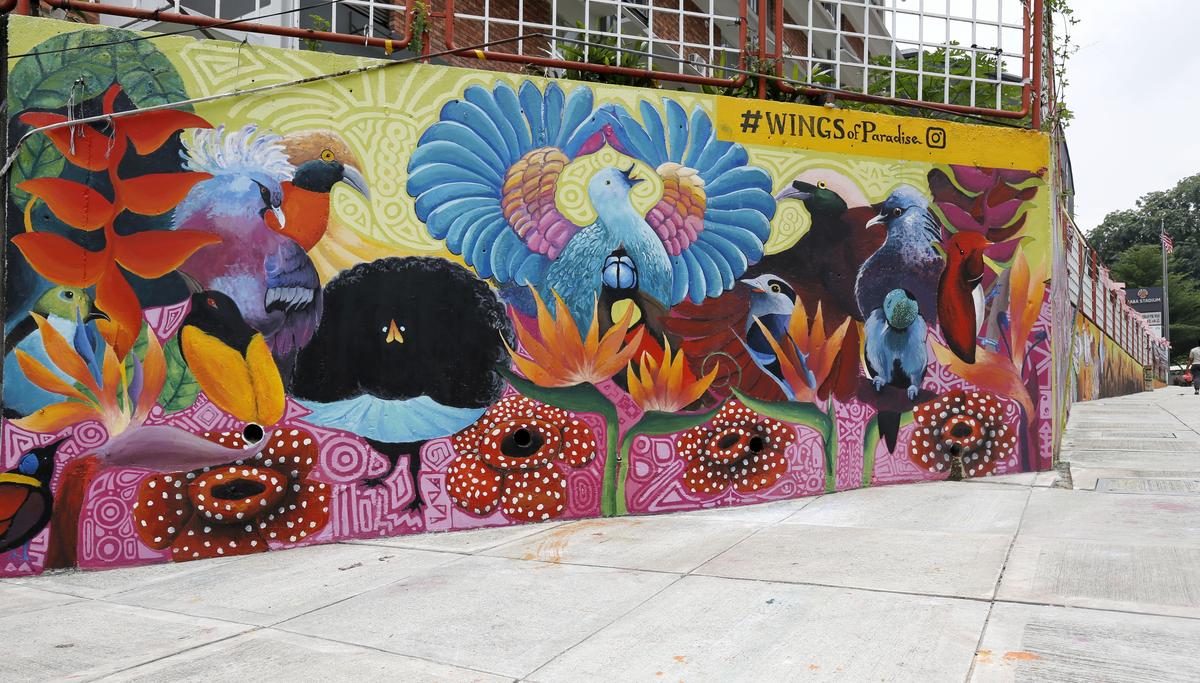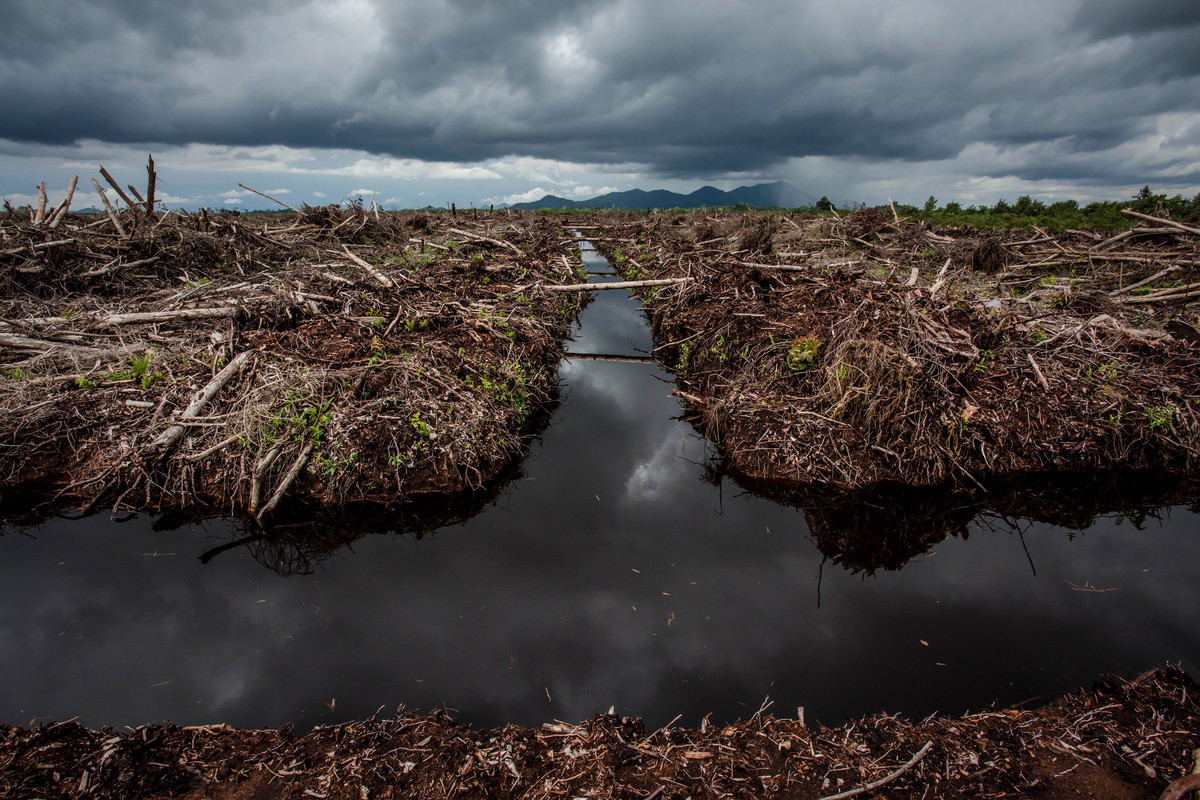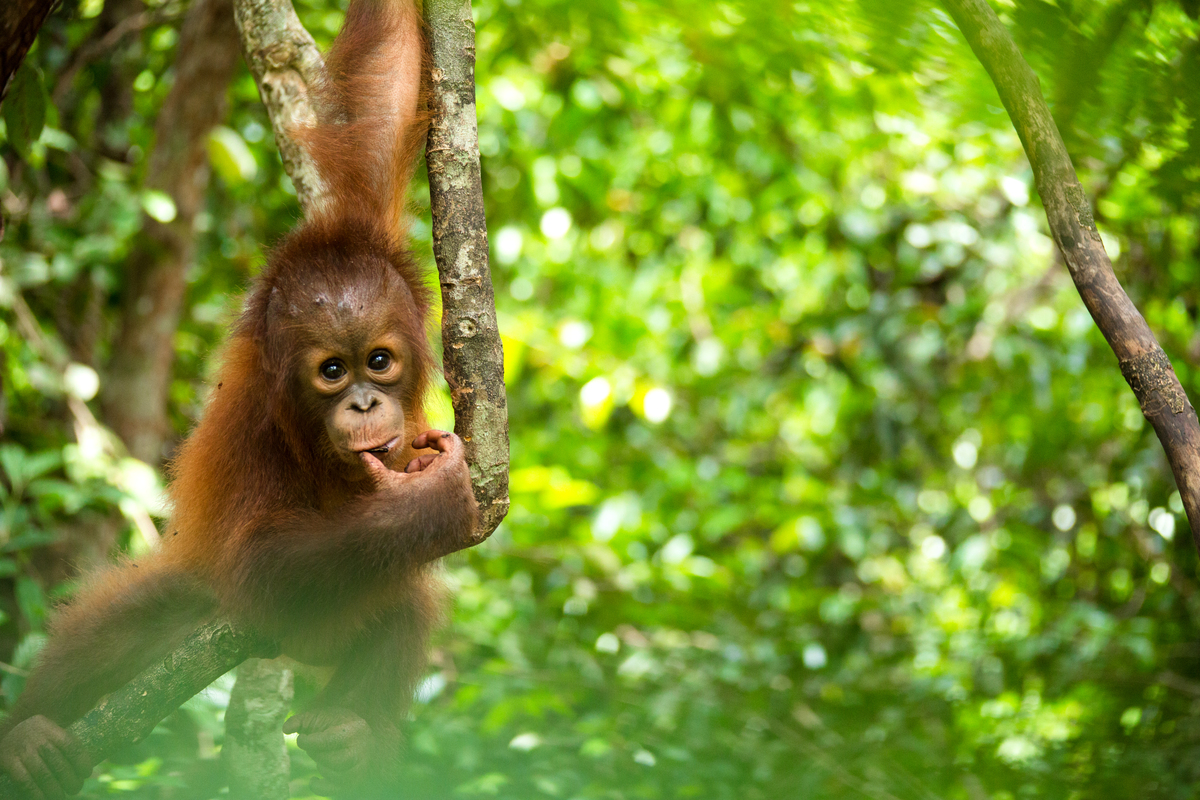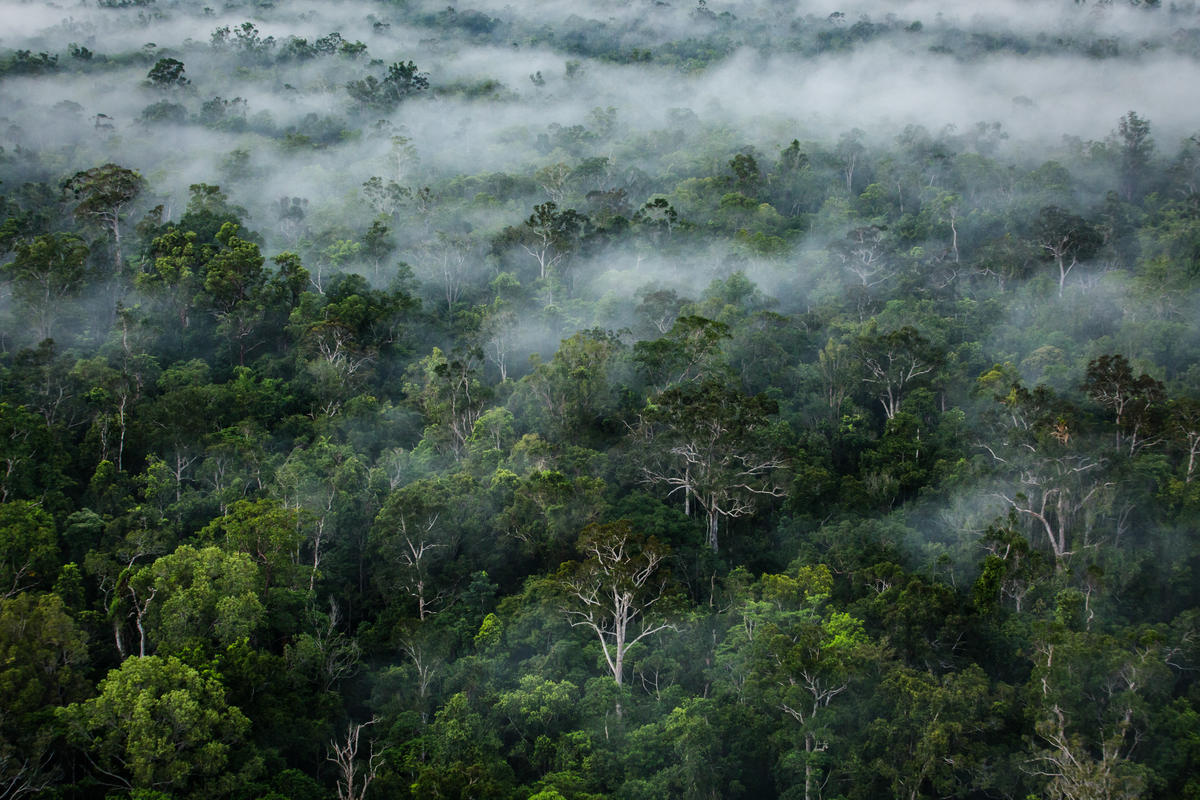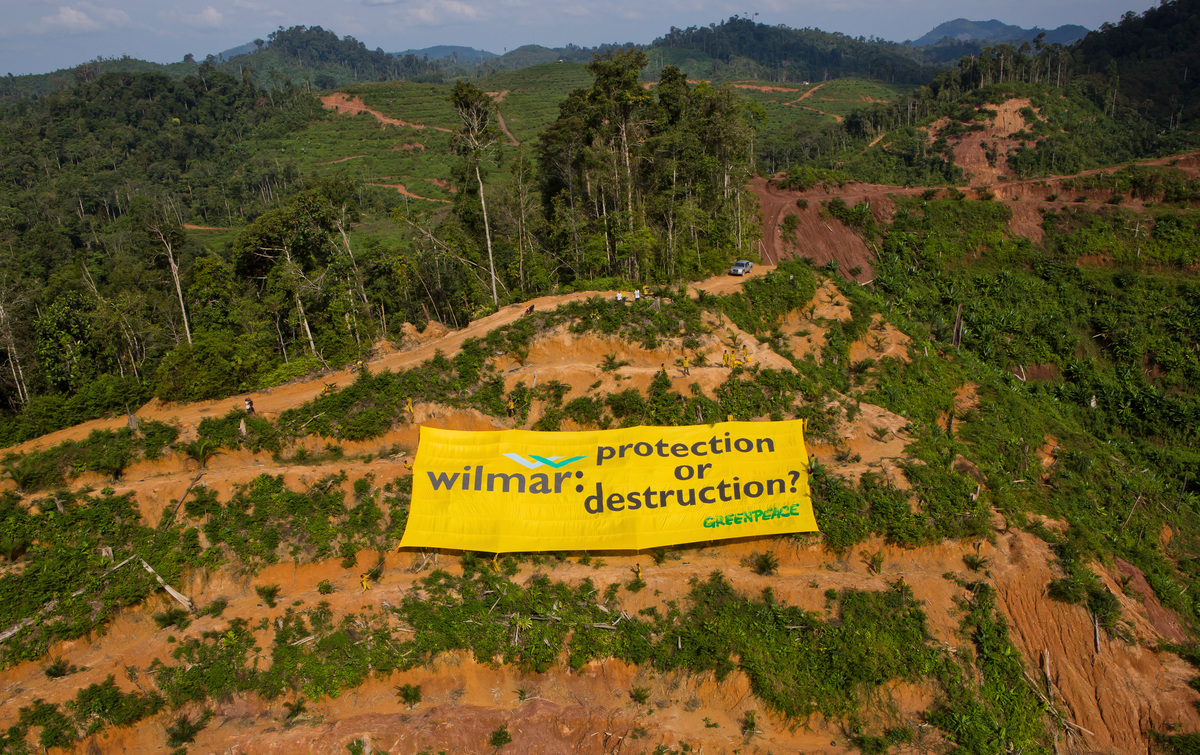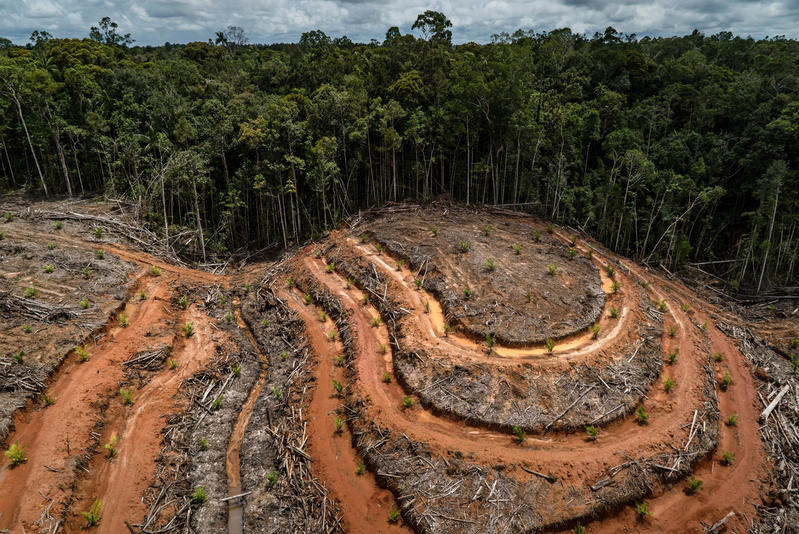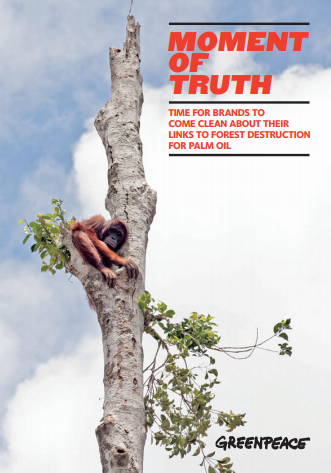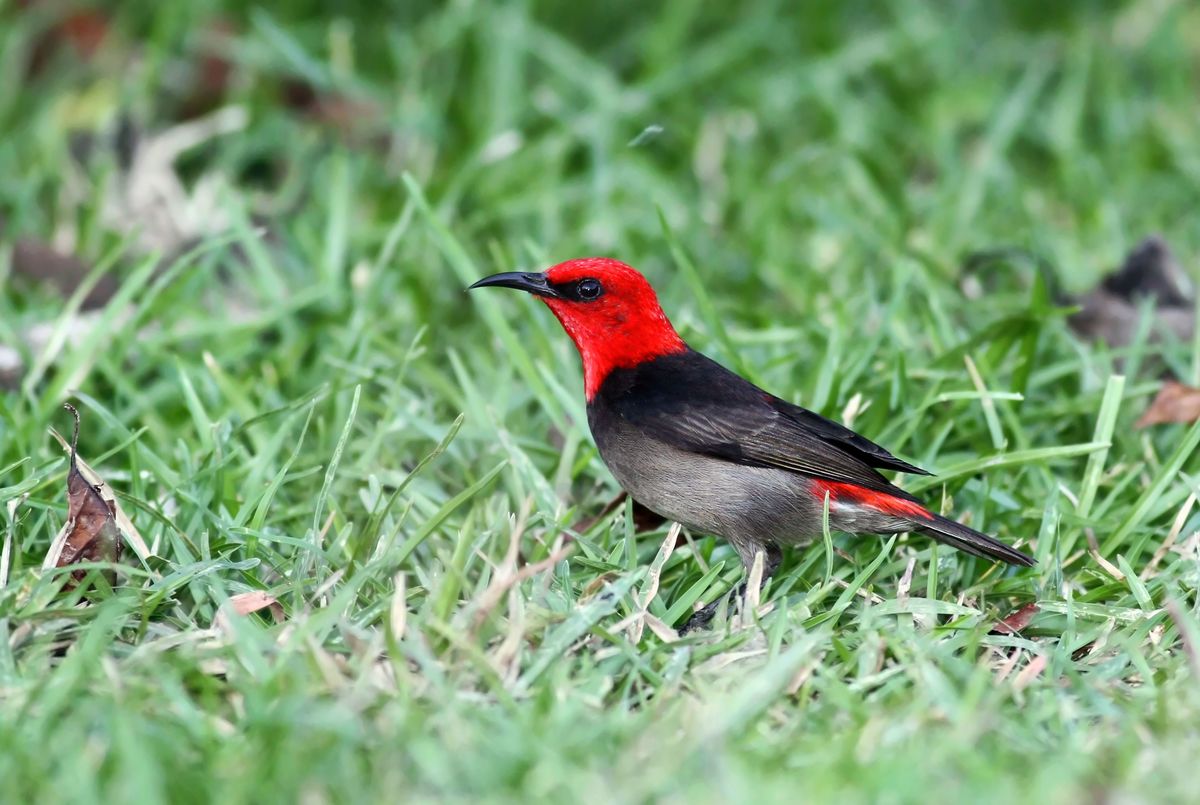All articles
-
Greenpeace investigation exposes how world’s biggest brands are still linked to rainforest destruction in Indonesia
Jakarta, Wednesday 19 September 2018 - Palm oil suppliers to the world’s largest brands, including Unilever, Nestlé, Colgate-Palmolive and Mondelez, have destroyed an area of rainforest almost twice the size of Singapore in less than three years, according to a new investigation by Greenpeace International.
-
Wings of Paradise: Drawing attention to rainforest destruction
Wings of Paradise mural by award-winning Malaysian artist Lee Hui Ling in Kuala Lumpur's historic Chinatown district. © GreenpeaceFor too long the story of Indonesian forests has been painted with the darkness of burning rainforests, disappearing species and displaced communities.
-
World Orangutan Day: Numbers still in decline despite Indonesian government’s new claims
This World Orangutan Day marks a critical time for the Bornean Orangutan, whose numbers are rapidly declining experts say.
-
Land management ministry awarded ‘trophy’ for year-long defiance of supreme court order to open forest data
NGOs took action today in front of the Indonesian ministry responsible for lands to protest its failure to implement a Supreme Court decision ordering forest data be released to the public.
-
Wilmar executives resign as fallout from deforestation scandal spreads
Martua Sitorus, the co-founder of the world’s largest palm oil trader, Wilmar International, has resigned one week after Greenpeace exposed his links to Gama Plantation
-
World’s largest palm oil trader linked to rainforest destruction twice the size of Paris
Wilmar International, the world’s largest palm oil trader, is still linked to forest destruction for palm oil almost five years after committing to end deforestation.
-
New deforestation revealed as Indonesian minister arrives in EU to defend palm oil industry
A palm oil supplier to Mars, Nestlé, PepsiCo and Unilever is destroying rainforests in Papua, Indonesia, a new investigation by Greenpeace International has revealed.
-
Global brands divided over transparency efforts to tackle deforestation for palm oil
Eight major household brands such as PZ Cussons, Johnson & Johnson and Kraft Heinz are refusing to say where their palm oil comes from, despite promising to stop buying from companies that destroy rainforests
-
New bird species identified in eastern Indonesia’s threatened forests
A Greenpeace Belgium campaigner and ornithologist, together with researchers from the University of Singapore and the Indonesian Institute of Sciences, have described a new species of bird on Rote Island, Indonesia.

